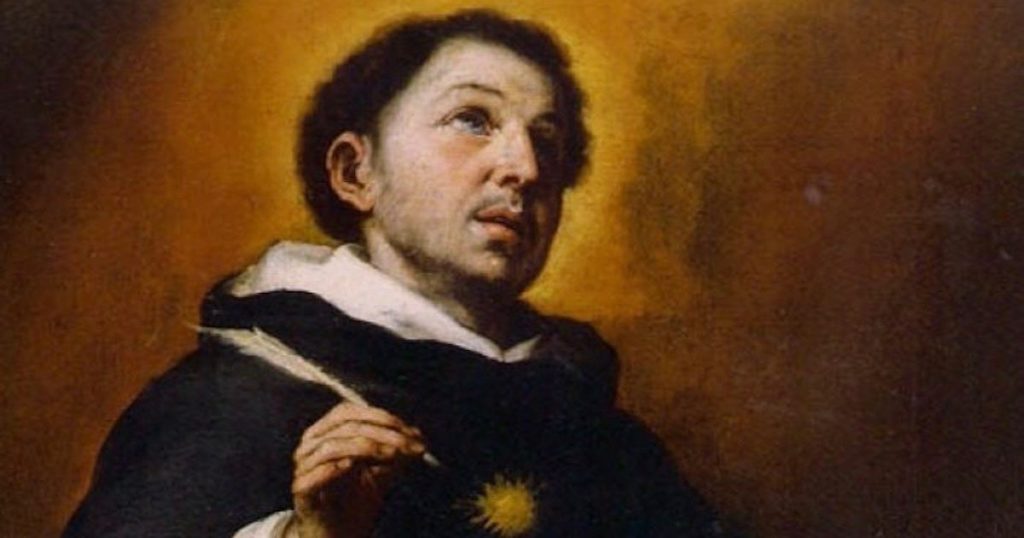 Faith & Science
Faith & Science
 Intelligent Design
Intelligent Design
Notre Dame Hosts a Conference on Creation, Including Intelligent Design

I’m back now from a conference this past week at Notre Dame, titled “‘And It Was Very Good’: On Creation,” hosted by the de Nicola Center for Ethics and Culture. The Center described the conference as follows:
In the created world, Pope Francis writes, we are able to perceive “a grammar written by the hand of God” (Lumen Fidei). If creation is a language, what can we discern regarding the creator? The de Nicola Center’s 22nd annual Fall Conference will explore the many facets of the created world and the act of creation, including questions of cosmology, teleology, natural ends, natural law, the Imago Dei, creaturely status, ecology, stewardship, cocreation, recreation, redemption, and more.
The organizers accepted my abstract for a talk titled “The Return of Teleology to the Natural Sciences.” I presented the talk as part of a panel with two other scholars, and it seemed well received.
The Conference
The sponsoring Center’s mission is to “shar[e] the richness of the Catholic moral and intellectual tradition through teaching, research, and public engagement.” It hosts this annual conference to bring together leading scholars from Catholic and other faith traditions to discuss how the Christian faith speaks to various academic disciplines and issues in popular culture. This year’s conference hosted such notable figures as paleontologist Simon Conway Morris, philosopher Alasdair MacIntyre, and pro-life physician Kristin Collier. I found the talks and conversations with other attendees deeply thoughtful and engaging.
The main speakers who directly addressed scientific topics operated within the framework of scientific materialism, so my viewpoint was in the minority. Allowing me to speak reflects the Center’s commitment to bringing a diversity of views together in constructive conversation. Two of the speakers directly mentioned intelligent design theory. They did not embrace the framework, but they referenced it respectfully in such a way as to invite fruitful dialogue. Others expressed their excitement about our approach to science and our research program.
Presentation on Teleology in Nature
My presentation consisted of four parts. I started by describing how scholars and laypeople have debated since antiquity whether the appearance of order in the universe was the product of chance, time, and natural processes or the result of an intelligent agent or agents. The former idea was promoted by such philosophers as Democritus who embraced the philosophy known as atomism. The latter was embraced by such philosophers as Plato and Aristotle who promoted teleology — the belief that nature demonstrates purpose and design. The latter grew to dominance during the Middle Ages. The former then came to dominate after the Scientific Revolution, propelled by such figures as Newton and Darwin. I concluded this section by stating my thesis that the pendulum is starting to swing back toward a teleological view of nature.
In the next sections, I described the scientific discoveries driving this transition. Most of the content is detailed in Stephen Meyer’s book Return of the God Hypothesis. I began with the discovery that the universe had a beginning, which points to a creator outside of time and space. Next, I described the fine-tuning of the laws of nature, demonstrating that the creator designed the universe with life in mind.
In the following section, I outlined the revolution taking place in systems biology due to discoveries forcing the assumptions stemming from scientific materialism to be replaced with design-based assumptions, language, and tools (here, here, here, here).
Finally, I described how origin-of-life studies have consistently demonstrated James Tour’s axiom that molecules never move toward life through natural processes. I also summarized how studies of minimally complex cells reveal that even the simplest life must possess the capacities of energy production, information processing, error correction, waste disposal, and many more. This evidence combined with other data point to teleology residing at the core of life (here, here).
Implications for the Future
The thoughtful questions I received at the end indicated that many in the audience grasped the content and the implications for the future of science. Several also expressed their gratitude for learning how the latest scientific discoveries consistently point to our not being an accident of nature but the product of a loving creator. I look forward to attending next year’s conference to continue the conversations with new friends who are also attempting to understand how our faith commitments can best serve the scientific enterprise and expand our understanding of nature as God’s creation.
